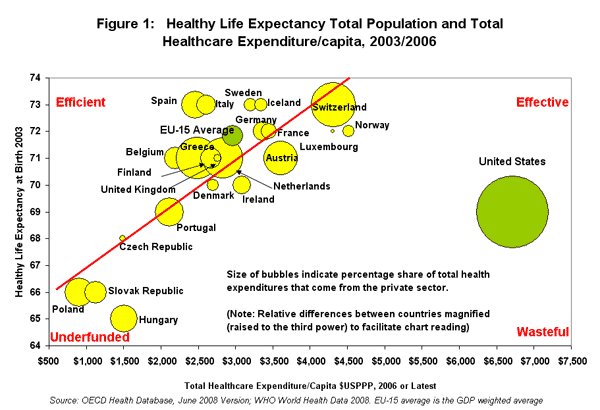It has absolutely nothing to with how tight or loose the labor market is.
Of course it does!
You're saying that hiring is zero-sum. The only way that would be possible is if the labor market is so tight, that the government could only hire a very strict number of employees.
"Normal" (and current) unemployment is around 5%, which means around 8 million people are officially looking for work. Millions more have part-time jobs, and are looking for full-time jobs. Millions more would
love to move to the US to work.
There are cases where public and private sector employment are in competition. Contrary to your claims, that happens, wages go up, and everyone gets more creative and efficient. One example is discussed here:
https://www.theatlantic.com/politic...nst-the-private-sector-everybody-wins/387460/
If you're a programmer in the public sector you can't also be a programmer in the private sector. If you're a programmer for the DoD you can't also be a programmer for the EPA. If you're a programmer for Google you can't also be a programmer for Microsoft.
So what?
If the military needs a programmer, they will hire programmers, or train enlistees. If the EPA needs to hire programmers, they'll hire programmers. If Google needs to hire more programmers, they will hire programmers.
If the labor market for programmers gets tight, then wages for those jobs increase, employers get resourceful, and sometimes workers get the message in time and start to retrain.
In fact, I'd say it would be beneficial to *cough* invest public funds in job retraining.
By the way, you
do know that the same situation exists in the private sector, yes? According to you, it's an untenable situation for Google and Yahoo and AOL and Microsoft and a bunch of tech companies to all expand their workforces simultaneously. And yet, that certainly was the case for many years -- and still is. Go figure.
You can't explain the point of knowing the demand for Netflix? The demand for Netflix determines how many programmers it can compete away from other endeavors. If the demand for Netflix isn't known, then how can society know how many programmers Netflix should have?
Society
doesn't know.
Go ahead, tell me. How many programmers does Netflix need right now? Next week? 6 months from now? Should they look for work at Netflix itself, or Amazon's S3 facilities? What skills do they need? What programming languages should they know? How much experience is required for those jobs?

